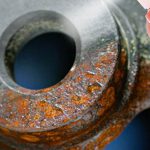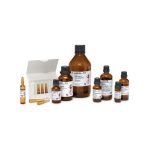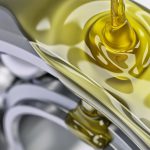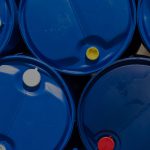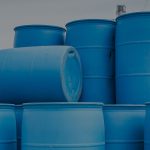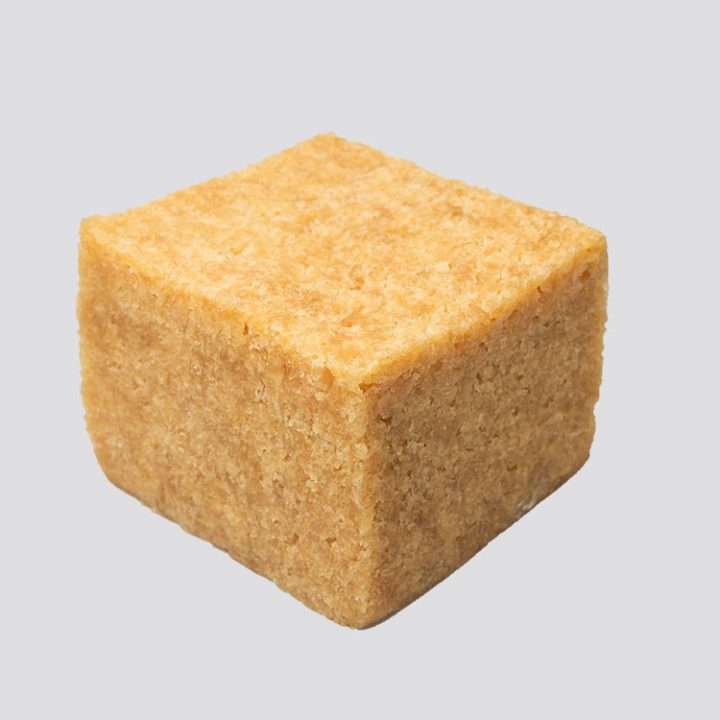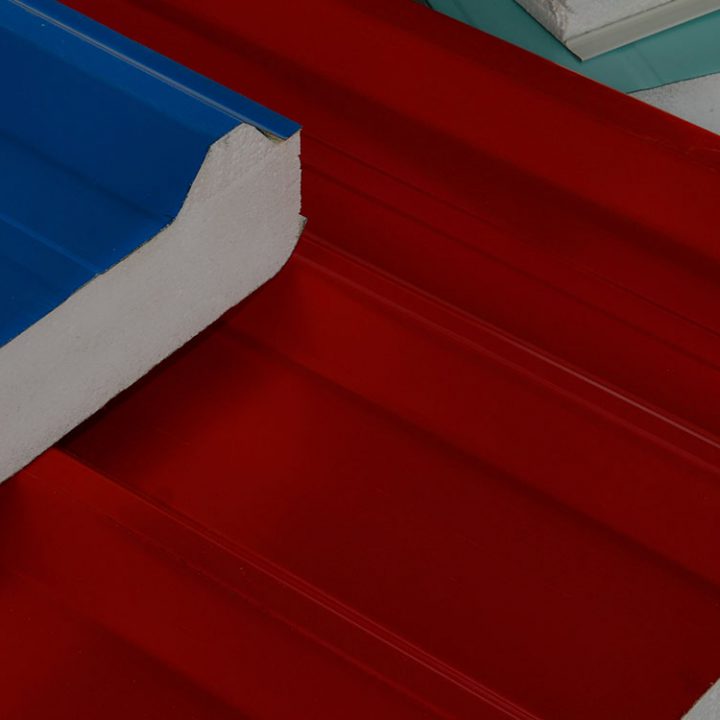LABSA
OTHER CHEMICALS
LABSA
DESCRIPTION OF LAS
Linear alkylbenzene sulfonic acid is the largest-volume synthetic surfactant because of its relatively low cost, good performance, the fact that it can be dried to a stable powder and the biodegradable environmental friendliness as it has straight chain. LAS is an anionic surfactants with molecules characterized by a hydrophobic and a hydrophilic group. Alpha-olefin sulfonates (AOS) alkyl sulfates (AS) are also examples of commercial anionic surfactants. They are nonvolatile compounds produced by sulfonation.
TDS
LAS are complex mixtures of homologues of different alkyl chain lengths (C10 to C13 or C14) and phenyl positional isomers of 2 to 5-phenyl in proportions dictated by the starting materials and reaction conditions, each containing an aromatic ring sulfonated at the para position and attached to a linear alkyl chain at any position with the exception of terminal one (1-phenyl). The properties of LAS differ in physical and chemical properties according to the alkyl chain length, resulting in formulations for various applications. The starting material LAB (linear alkylbenzene) is produced by the alkylation of benzene with n-paraffins in the presence of hydrogen fluoride (HF) or aluminium chloride (AlCl3) as a catalyst.
LAS is produced by the sulfonation of LAB with oleum in batch reactors. Other sulfonation alternative reagents are sulfuric acid, diluted sulfur trioxide, chlorosulfonic acid and sulfamic acid on falling film reactors.
LAS are then neutralized to the desired salt (sodium, ammonium, calcium, potassium, and triethanolamine salts).
Surfactants are widely used in the industry needed to improve contact between polar and non-polar media such as between oil and water or between water and minerals. Linear alkylbenzene sulfonic acid is mainly used to produce household detergents including laundry powders, laundry liquids, dishwashing liquids and other household cleaners as well as in numerous industrial applications like as a coupling agent and as an emulsifier for agricultural herbicides and in emulsion polymerization.
APPLICATIONS
- Household detergents including laundry powders
- laundry liquids
- dishwashing liquids and other household cleaners
- Industrial applications of wetting agent
- emulsifier for agricultural herbicides and in polymerization.
PACKING : 210 kgs in drum.
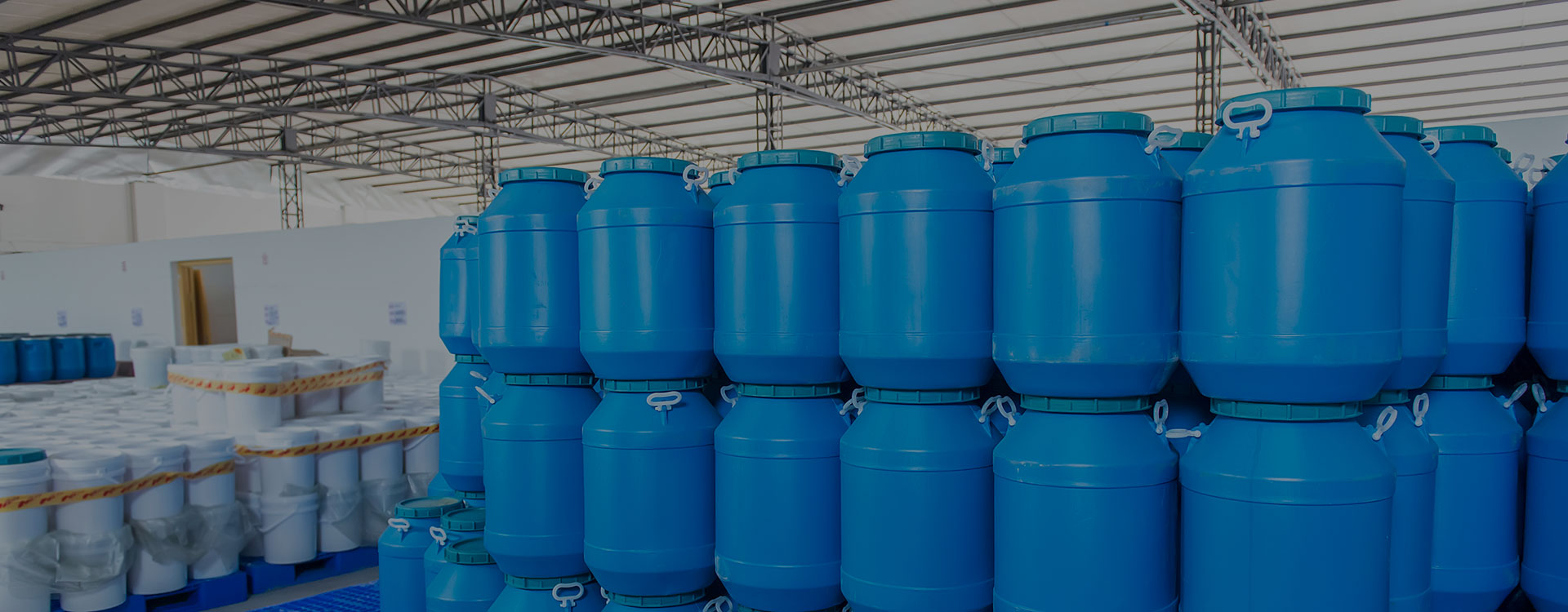
OTHER CHEMICALS
To order this product, proceed from the order registration link or contact us at the contact numbers.
FOR ORDER| PROPERTY | TEST METHOD | UNIT | VALUE |
| Mass density (23 C) | ISO 1183 | g/cm3 | 0.945 |
| Melt Flow Rate (190 C/5.0kg) | ISO 1133 | g/10min | 0.45 |
| Melt Flow Rate (190 C/21.16 kg) | ISO 1133 | g/10min | 12 |
| FRR(21.6/5) | – | 27 | |
| Stress at Yield | ISO 527 | Mpa | 22 |
| Flextural Creep Modulus (4point,1min) | DIN 19537-2 | Mpa | 950 |
| Tensile Modulus(23 C,v=1mm/min,secant) | ISO 527 | Mpa | 850 |
| Stress at Break | ISO 527 | Mpa | 35 |
| Elongation at Break | ISO 527 | % | >850 |
| Elongation at Yield | ISO 527 | % | 8 |
| Softening Temperature | ISO 306 | C | 67 |
| Brittle Temperature | ASTM D746-72 | C | <-80 |
| shore D hardness | ISO 868 | 60 | |
| ESCR in full notch creep te2 (80 C,2%Arcopal) | ISO CD 16770 h@4.0Mpa | 50 | |
| Impact 2rength (23 C) | ISO 179/1eA | Kj/m2 | 23 |
| S4 Te2 (RCP) | ISO DIS 13477 | bar | PC >3 |
| Notch Te2 (SCG) | ISO DIS 13479 | Mpah@4.0 | >250 |
| Hydro2atic 2rength te2 (80 C) | ISO 1167 | Mpah@4.6 | >1000 |
| VN | – | Cm3/g | 300 |



